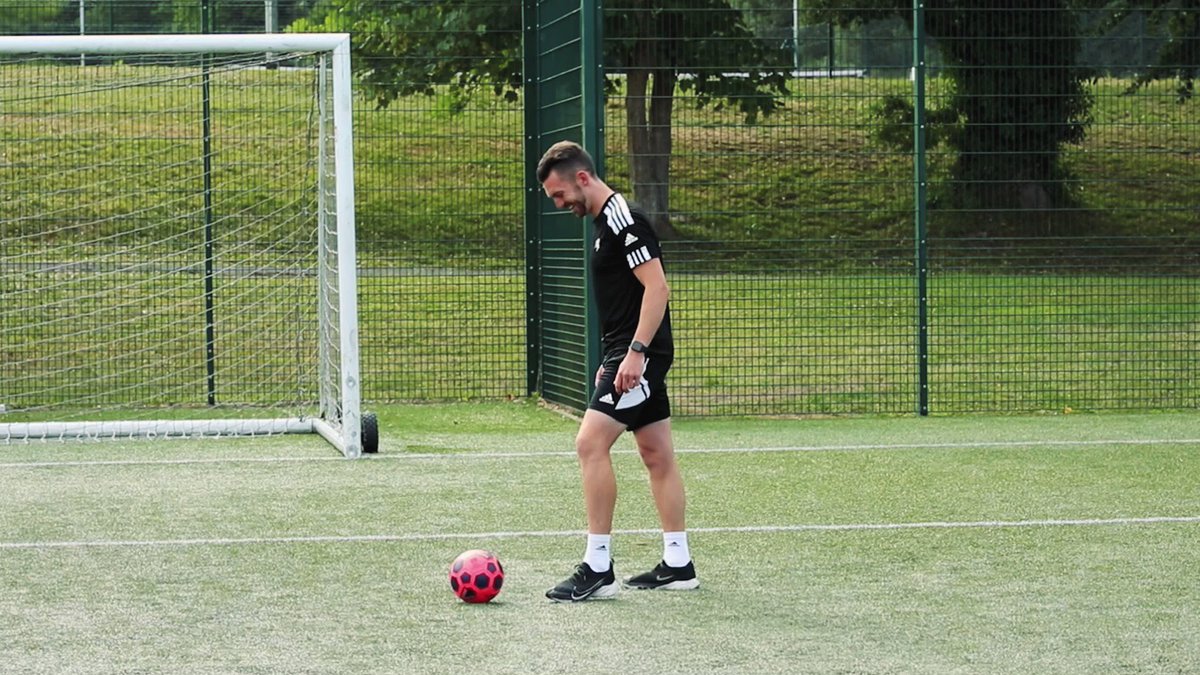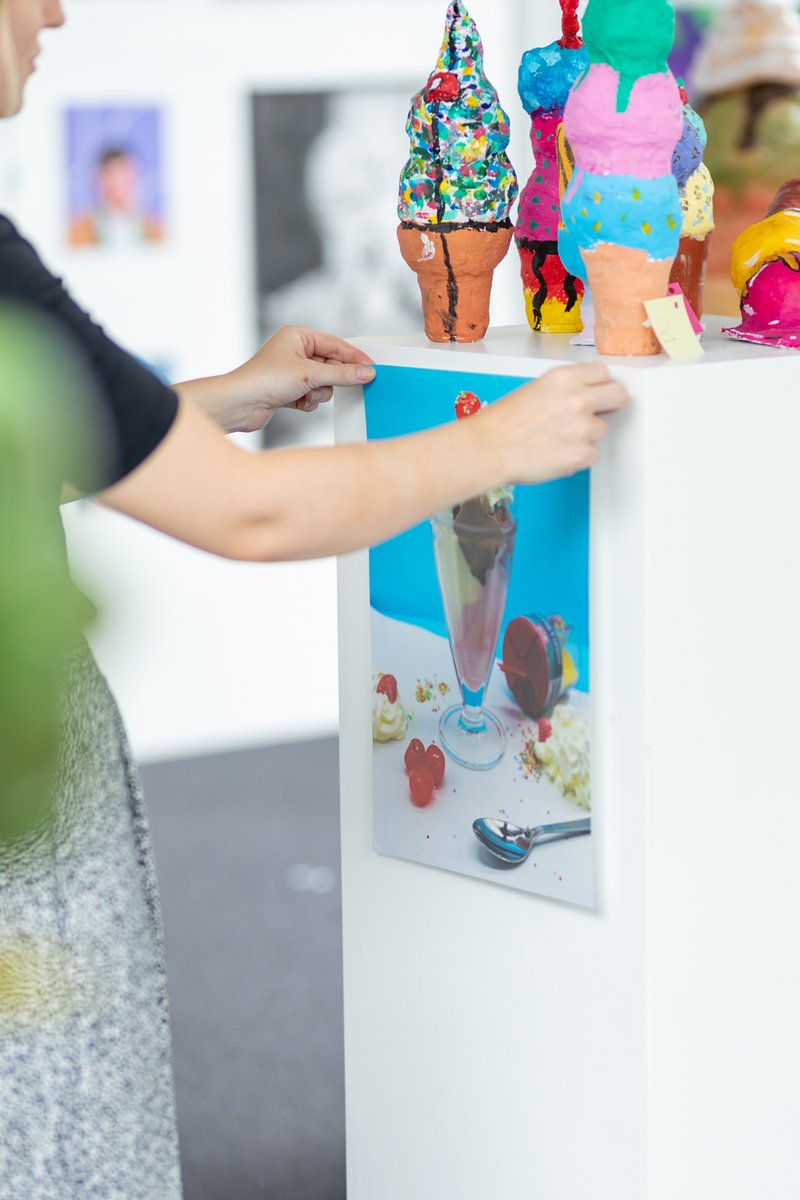 2 Feb 2026
2 Feb 2026- Home
- News and Events
- News
- Creative Boost
Creative Boost
In the last few years, the UK’s creative industries have grown by 7.1%, around 50% faster than the UK economy as a whole, generating £101.5 billion. Arts and culture alone contributed £10.8 billion and had a growth rate of 19.5% over three years, outperforming many other sectors such as manufacturing, civil engineering, construction and legal and accounting sectors.
On a broader note, a report by the World Economic Forum, ranked creativity in the top 3 most in demand skills for employees. Indeed, the other highest-ranking skills, critical thinking and complex problem solving are also intrinsically linked to creativity and innovation.
Students today are frequently bombarded with messages that they must prepare themselves for job roles which may not yet even be invented.
“Young people are growing up in a global environment that is increasingly complex and increasingly permeated by technology. They will face challenges that can only be overcome by deep knowledge and understanding allied to the interdisciplinary and collaborative skills that are characterised by creative thinking.”
Durham Commission on Creativity in Education.
Creativity is a necessity for human survival and is essential for every business and organisation regardless of its core focus. It is found at the heart of innovation in all sectors. American economist, Richard Florida, in The Rise of The Creative Class, noted that a ‘super creative core’ of people were transforming business and industry. Creativity makes organisations more competitive and therefore individual creativity is an asset that no organisation can be without. What is more, human creativity and problem solving cannot be automated. They are skills which are future- and recession-proof and it is these attributes which will help young people to navigate the ever changing and fast paced professional world they will enter.
Clearly, creativity is important, but research suggests that although we are all born creative, sadly this is a human capacity which frequently diminishes over time. Creativity is like a muscle which if used regularly, increases in strength and power. As a teacher who highly values creativity, I have seen time and time again, that students who work hard to develop their creative skills, can and do. Here are some top tips on how to flex your creative muscles:
- What if…
A good way to innovate is to take something that exists and ask a series of ‘what if...?’ questions to twist, modify or recombine an existing idea with others, in order to create something new. Steve Jobs did not ‘invent’ the smartphone from scratch, he took the idea of the mobile phone which existed at the time and asked how it could be made even better.
- Bounce ideas
The most creative people surround themselves with creative collaborators, people that they can bounce ideas around with. Different people have different backgrounds, experience and knowledge. By using these different perspectives, ideas and understanding, new light can be shed on old problems and new exciting innovations can be given life.
- Turn off your phone
Often your best ideas will be when your mind is elsewhere. Simple everyday tasks like going for a walk or taking a shower allow your mind to wander freeing up your subconscious to work on solving creative problems. Set aside a chunk of time everyday where you give your mind a break from your phone, email and TV. Giving your mind a regular time slot for creative thinking allows you to capitalise on the wanderings and musings of your subconscious.
Mrs C Hambley
Lead Teacher of Art and Photography

















